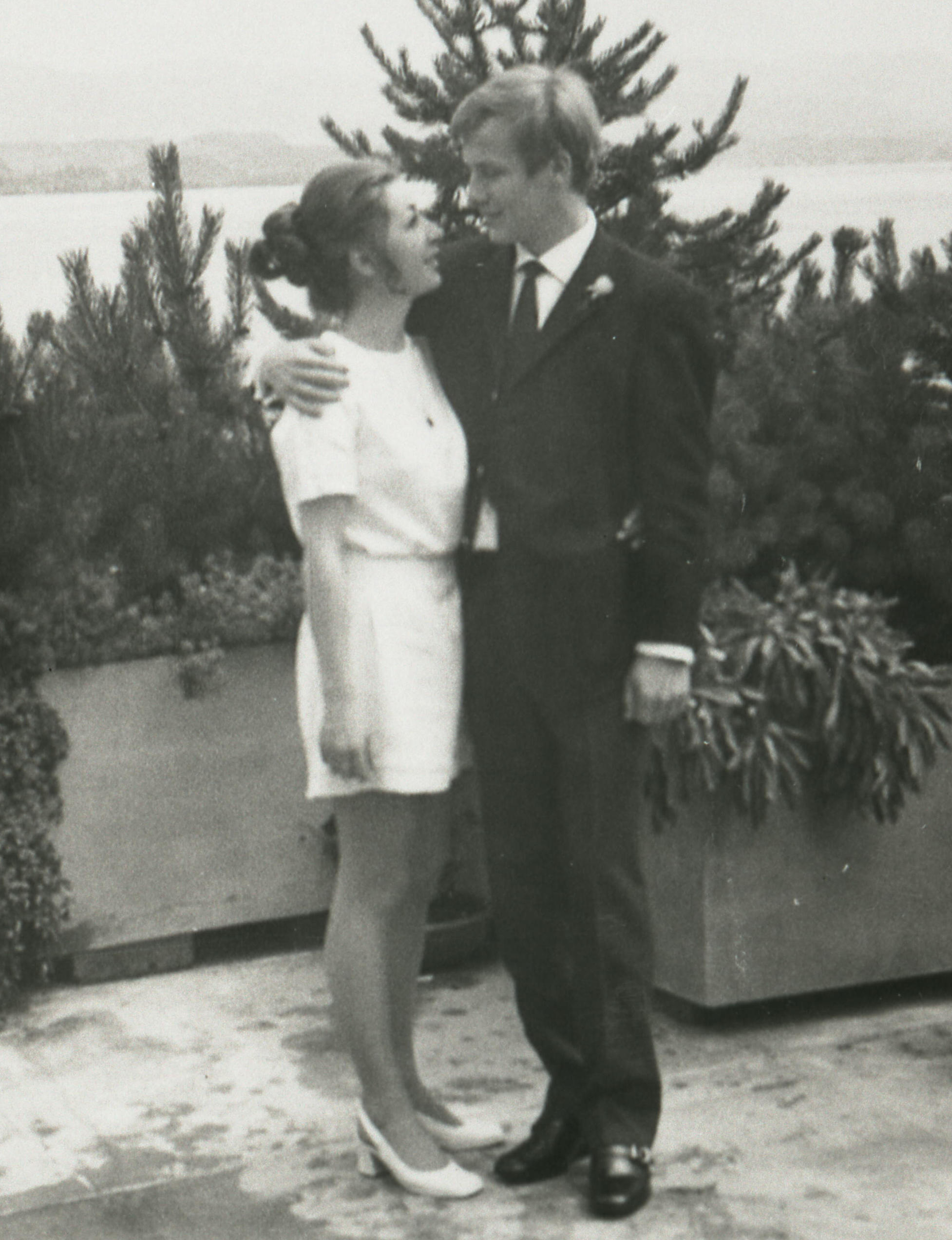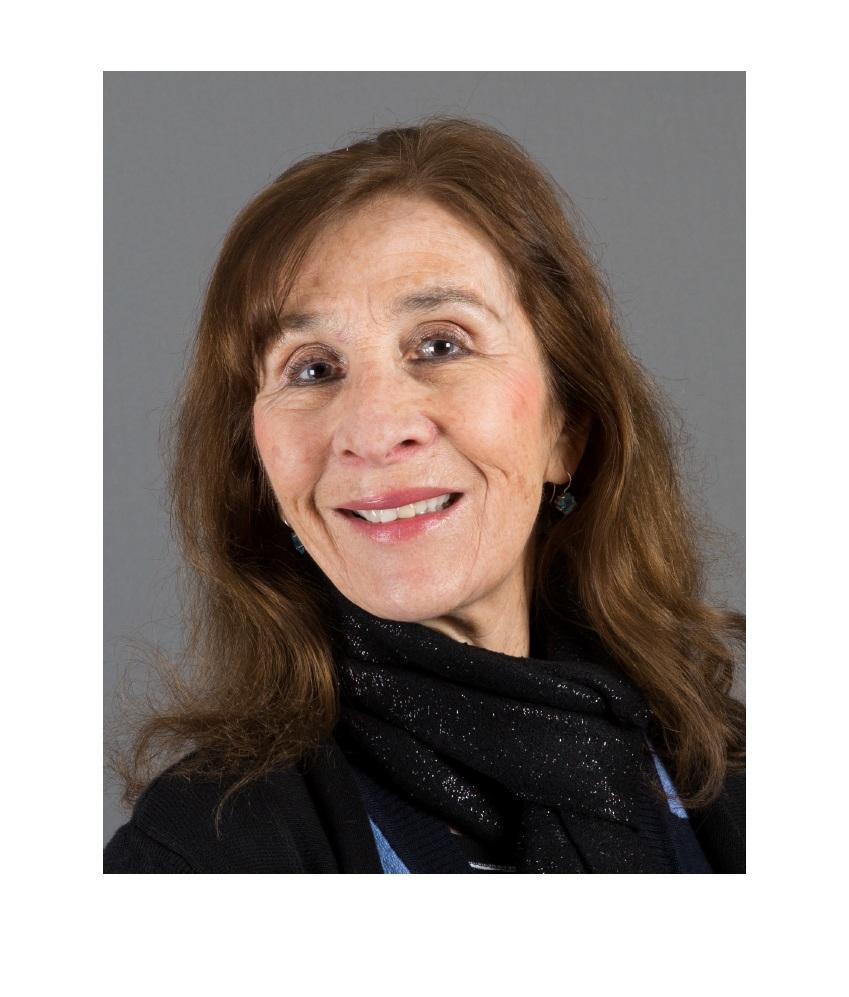
Telling the untold stories of the Swiss women’s movement

In 1972, Margrit Zinggeler took her first trip to the US, accompanying her husband who was working as a computer programmer. The women’s liberation movement was in full swing and Margrit embraced it, enrolling in women’s studies classes at the University of Minnesota and burying her head in books like Betty Friedan’s The Feminine Mystique.
A few months before arriving in Minnesota, Margrit had become part of the first generation of women to vote in a national election in Switzerland. She remembers the celebratory atmosphere and receiving flowers from the local community representative as she entered the voting booth in Zurich.
Only after arriving in the US did she realise how much more progressive it was than her home country. “There was much more solidarity among American women than I had seen in Switzerland. So many more women were attending university, and the sexual revolution was transforming women’s sense of identity like nothing I had seen in Switzerland.”

The fight for the right to education
Margrit Straub was born in 1949 in Steinebrunn, a northern Swiss farming village with 300 inhabitants. Her only female role models were in home economics. As her parents encouraged her three brothers to do well in school, Margrit was told that she was destined to become a devoted wife, self-sacrificing mother, and skilled homemaker like her mother.
She weaves this unique perspective of growing up in a small rural town in Switzerland and eventually living in the US throughout her new book, Swiss Maid: The Untold Story of Women’s Contributions to Switzerland’s SuccessExternal link. Swiss Maid tells the stories of the invisible, silent, and silenced women like Margrit’s mother, Hulda Straub, who – with only a compulsory school education – raised four children and managed her household and her husband’s small farrier and farm business with dignity and meticulous detail. While she had little knowledge of politics, when women received the right to vote in 1971, Hulda embraced her duty and never missed a voting opportunity until she died at the age of 95.

More
Swiss women have come a long way, but still face discrimination
In an interview, Margrit explained that as a young girl, she fought for her right to education and to escape the parochial views of women. When she was 15, she and two other girls succeeded in convincing her teachers that they should be able to take algebra and geometry classes like the boys, while the girls attended mandatory home economics. Social norms and male teachers discouraged her from attending upper secondary school (Gymnasium) and so she worked as a physician’s assistant to pay for correspondence classes in the evening that allowed her to eventually achieve the diploma.
In 1970, Margrit stood on the stairs at the University of Zurich, feeling an incredible sense of accomplishment and excitement. At the time, most women who attended university were from abroad or upper-class families. After several interruptions in her studies because of children and moving back and forth to the US, Margrit eventually completed her formal education with a PhD in German history at the University of Minnesota and pursued an academic career.

‘Wonderbread’ country
Only after moving to the US for the third time in 1983 and giving birth to two children did Margrit come to appreciate Swiss women’s work as homemakers, something she had shunned as a young woman. “I was surprised how messy American houses were and how many families were eating pre-made meals from the freezer. While American children were eating Wonderbread out of a plastic bag, I was baking fresh bread at home and cooking homemade meals.”
The irony is not lost on her and she says that it was only later, in retrospect, and while writing the book that she recognised the incredible skills required to manage households, family businesses, and the value that unpaid work contributes to society. She believes, though, that it was easier for her to achieve her academic and professional goals in the US than it would have been in Switzerland at the time thanks to the longer school days in the US and greater acceptance of women in higher education.
She is proud of what Switzerland has achieved in terms of gender equality, which she says in some respects, is more than the US has. In contrast to the US, gender equality is part of the Swiss constitution, and there are laws that ensure paid maternity leave and equal partnership in marriage. “Women have a lot of options in Switzerland today,” she explains. “There are many poor working-class women in the US who have few options. The higher standard of living in Switzerland plus government subsidies – including child support payments and the availability and acceptance of part-time work – allow women and men to choose how they want to divide their time.”
Raising the next generation of feminists
Margrit’s appreciation of Swiss traditions and her commitment to gender equality shaped the way she raised her son and daughter. She says that she intentionally raised them with an ungendered perspective, ensuring that both of them learned how to bake bread and had the opportunity to play with train sets.
She also instilled a love of learning in her children, who both received post-graduate degrees. When her daughter did her medical fellowship in the US, Margrit’s son in-law stayed home to take care of their three boys (twins and a toddler). She says that “what is really needed now is a men’s movement. We should all be feminists.”


In compliance with the JTI standards
More: SWI swissinfo.ch certified by the Journalism Trust Initiative



























You can find an overview of ongoing debates with our journalists here . Please join us!
If you want to start a conversation about a topic raised in this article or want to report factual errors, email us at english@swissinfo.ch.